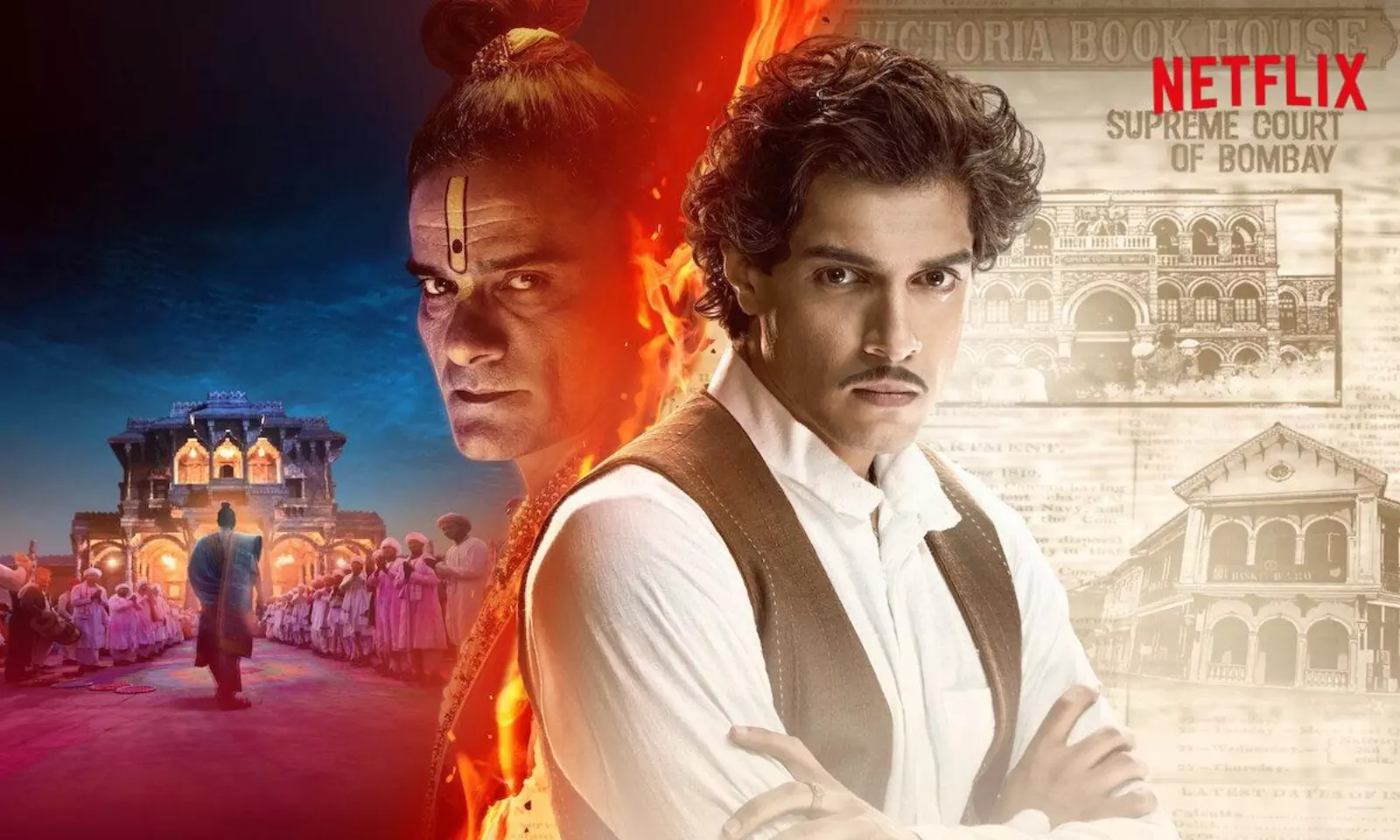The Gujarat High Court on Friday (June 21) lifted its temporary stay on the release of streaming giant Netflix’s film ‘Maharaj’. The court said that the film Maharaj is based on the events related to the Maharaj defamation case of 1862 and its purpose is not to hurt the sentiments of any community. Justice Sangeeta K. Visen, who had stayed the release of the film on June 13, decided to allow Netflix to stream the film on Friday after watching the film. The court said, “This court has prima facie concluded that the film Maharaj is based on the events which gave rise to the defamation case and its purpose is not to hurt the sentiments of any community. The film was certified by the expert body Central Board of Film Certification after considering the relevant guidelines.”
This film, which was originally scheduled to release on the 14th, was banned by the High Court. This is because a group of businessmen had filed a petition in the court on the grounds that it had the potential to hurt the religious sentiments of the Vaishnav community. The film Maharaj is based on the 2013 book by Gujarati author Saurabh Shah which is based on the landmark 1862 defamation case filed by Jadunathji, a prominent Vaishnav figure, against social reformer Karsandas Mulji who had written against sexual abuse by the Almighty Maharaj.
Mulji exposed the exploitative practices in his magazine Satyaprakash, which led to a defamation case. This became the famous Maharaj defamation case. Justice Visen said that the primary complaint of the petitioners that the film defames and insults the Vaishnav community has no merit. “Thus this Court is bound to come to the conclusion that the apprehensions of the petitioners are based on speculations. “Since the film has not yet been released for public viewing, the freedom of expression guaranteed under Article 19 (1) (a) of the Constitution cannot be limited on the basis of mere conjecture,” the court said. “The main message of the film as rightly stated by the respondent is that the film focuses on social evil and the fight for social reform by Karsandas Mulji who himself belonged to the Vaishnav community.”
He said, “The film does not affect or hurt religious sentiments in any way. The film concludes that the sect is more important than any person or incident. Taking this incident as an exception, the Vaishnav sect and its followers continued to grow And remain a proud and integral part of the social, cultural and religious fabric of India. It is feared that this is likely to create communal hatred. However, on the basis of the same defamation case, the book was published in 2013 and The incident has not been reported, he said, adding that even the petitioners have not informed that the book has created communal hatred.
